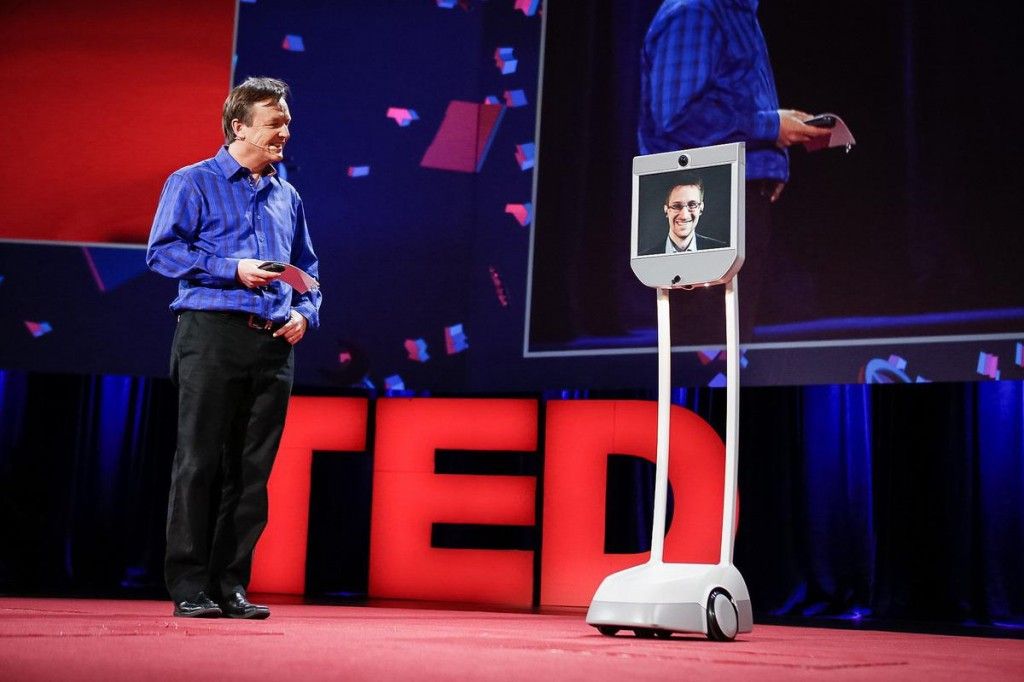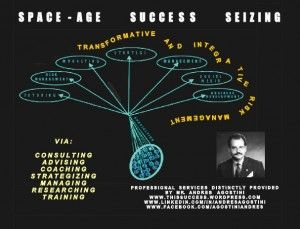Page 11302
Mar 26, 2014
Immortality, biotechnology, and the woefully unprepared criminal justice system
Posted by Seb in categories: law, life extension
Sebastian Anthony - Extremetech

Here’s an interesting thought experiment for you: What happens to life imprisonment — for murder and other heinous crimes — if the human lifespan is increased? If we live until 150 or 250 or 350 (which is very possible, given the direction of recent efforts into life extension) how many more prisons will we have to build to hold all of those murderers and rapists who just won’t die? Even if we can build enough prisons to hold them, will it be economically viable to do so? What about parole? Right now, many life sentences are up for parole after 15 or 20 years — but if we live for 350 years, doesn’t a 15-year incarceration seem a little bit on the lenient side for a serious crime?
Mar 25, 2014
Genetically Engineered T Cells Used as a Weapon Against HIV/AIDS
Posted by Seb in category: biotech/medical
Cameron Scott — Singularity Hub

Carl June and his colleagues at the University of Pennsylvania have been making waves since they published some successes fighting leukemia with a revolutionary new method. They removed patients’ T cells and genetically modified them to target and kill the cancer. When the T cells were reintroduced into the patients’ bloodstreams, their cancer was often sent into complete remission.
Could similar modifications to the immune system’s fighter pilots provide revolutionary cures for other cancers and even other diseases?
The U. Penn researchers are applying a similar technique to that other hardest-to-treat disease, HIV/AIDS. They recently completed a Phase 1 clinical trial in which they removed HIV-positive patients’ T cells and genetically modified a portion of them to include a rare HIV-resistant genetic mutation of the CCR5 gene (called delta 32).
Mar 25, 2014
More News Is Being Written By Robots Than You Think
Posted by Seb in category: robotics/AI
Jason Dorrier — Jason Dorrier

It’s easy to praise robots and automation when it isn’t your ass on the line. I’ve done it lots. But I may have to eat my own Cheerios soon enough.
Software is writing news stories with increasing frequency. In a recent example, an LA Times writer-bot wrote and posted a snippet about an earthquake three minutes after the event. The LA Times claims they were first to publish anything on the quake, and outside the USGS, they probably were.
The LA Times example isn’t special because it’s the first algorithm to write a story on a major news site. With the help of Chicago startup and robot writing firm, Narrative Science, algorithms have basically been passing the Turing test online for the last few years.
Alex Hern — The Guardian

The promise of bitcoin is a universal currency free from the control of any nation or government. But a new generation of cryptocurrencies are focusing on the opposite goal: building money to solve problems specific to one country.
On midnight Monday, Auroracoin, a bitcoin clone which is the fourth most valuable cryptocurrency being traded today, entered the second phase of its life, with a “helicopter drop” of 30 auroracoins to every citizen of Iceland.
Mar 25, 2014
Why We Need to Name Our Planet
Posted by Zachary Urbina in categories: asteroid/comet impacts, existential risks, geopolitics
Planet Earth, Zemlia, di qiu, Avani, la monde, la tierra, der erde — each of these names, in their respective language, puts significance on the physical stuff held together by gravity beneath our feet, the foundation upon which we’ve built our ever expanding civilization.
We did not fully understand that stuff to be a planet until a few hundred years ago.
How quaint. How archaic.
Mar 24, 2014
The Future of Scientific Management, Today!
Posted by Andres Agostini in categories: big data, biotech/medical, business, cyborgs, economics, engineering, futurism, science, scientific freedom
LIST OF UPDATES (MARCH 24 THROUGH MARCH 30/2014). By Mr. Andres Agostini at The Future of Scientific Management, Today! At http://lnkd.in/bYP2nDC
Smartphone app reads blood oxygen levels, forewarns of life-threatening pre-eclampsia
http://www.kurzweilai.net/smartphone-app-reads-blood-oxygen-…-eclampsia
Stanford lab launches new privacy-based social network
http://www.kurzweilai.net/stanford-lab-launches-new-privacy-based-social-network
Continue reading “The Future of Scientific Management, Today!” »
Mar 23, 2014
Marc Andreessen Is Going To Invest ‘Hundreds Of Millions’ More Dollars In Bitcoin
Posted by Seb in category: bitcoin
Rob Wile — Business Insider

The Wall Street Journal’s Gregory Zuckerman reports Andreessen Horowitz plans to invest “hundreds of millions” more dollars in Bitcoin-related businesses, on top of the $50 million they have already dropped, mostly on Coinbase.
Bitcoin prices have lost nearly 50% of their value over the past four months or so, and now trade at around $570. Analysts from Goldman Sachs recently cast doubt on the viability of the digital currency itself, though added its underlying technology may yet prove useful.
Mar 21, 2014
Zuckerberg, Musk Invest in Artificial-Intelligence Company
Posted by Seb in category: robotics/AI

Elon Musk made the electric car cool. Mark Zuckerberg created FacebookFB +0.40%. Ashton Kutcher portrayed AppleAAPL +0.79% founder Steve Jobs in a movie. Now, the three are joining in a $40 million investment in Vicarious FPC, a secretive artificial-intelligence company.
The funding round, the second major infusion of capital for the company in two years, is the latest sign of life in artificial intelligence. Last month, GoogleGOOG -1.18% acquired another AI company called Deep Mind for $400 million.
Vicarious has an ambitious goal: Replicating the neocortex, the part of the brain that sees, controls the body, understands language and does math. Translate the neocortex into computer code and “you have a computer that thinks like a person,” says Vicarious co-founder Scott Phoenix. “Except it doesn’t have to eat or sleep.”
Mar 21, 2014
Futureketing: How to Systematically Understand and Succeed in a World of Frantically Accelerating Pace of Change! ─ An Omnimode Exploration.
Posted by Andres Agostini in categories: business, economics, education, engineering, finance, futurism, innovation, philosophy, science, scientific freedom, singularity, supercomputing, transhumanism
Futureketing: How to Systematically Understand and Succeed in a World of Frantically Accelerating Pace of Change! ─ An Omnimode Exploration. By © Copyright 2014 Mr. Andres Agostini ─ All Rights Reserved Worldwide.
(This Proprietary Book excerpt may be reproduced for noncommercial purposes if it is copied in its entirety, including this notice.
Please recall that “…if it is copied in its entirety, including this notice.…”)












